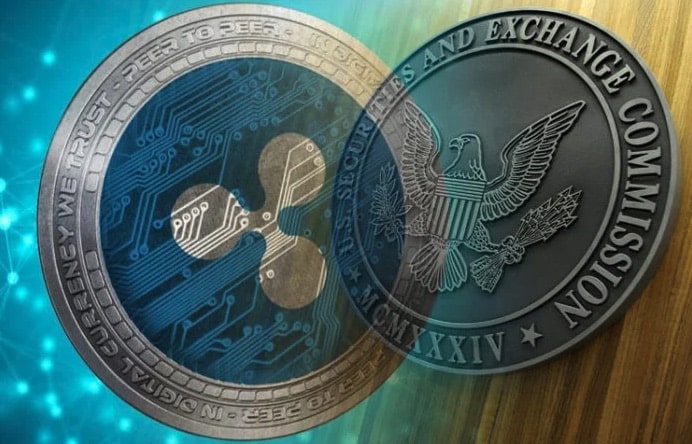Despite a government crackdown, cryptocurrency usage in Nigeria continues to grow, with peer-to-peer (P2P) trading volume for Bitcoin (BTC) achieving its second-highest week on record last month.
Nigeria still ranks first in terms of search interest for the keyword “Bitcoin” according to Google Trends as of this writing. According to Useful Tulips, P2P Bitcoin trading in Nigerian naira has rapidly increased in 2021, with Nigeria ranked second only to the United States as the second-largest market for peer-to-peer BTC trading.
With $18.8 million in P2P volume, Sub-Saharan Africa has overtaken the United States as the leading region by Bitcoin adoption.
Local crypto acceptance has been sparked by a slew of political and economic issues, including social repression, currency controls, and widespread inflation.
Tensions in Nigeria have been rising since major public protests against police brutality and the infamous “Sars” police unit swept the country in October.
During the EndSars protests, demonstrators were attacked with tear gas and water cannons, resulting in the deaths of more than 50 citizens, including a dozen who were shot dead by police with live bullets on Oct. 20.
The government crackdown was accompanied by economic repression, with social organisations supplying food and medical aid to protestors having their bank accounts frozen. Protesters have increasingly turned to cryptocurrency to keep their financial operations out of the hands of the government in the midst of the turmoil.
“I think EndSars is the major driver for some of these actions the government is making,” Adewunmi Emoruwa, the founder of Gatefield, a public policy organisation whose accounts were stopped for providing funds to journalists covering the protests, told The Guardian.
Despite the financial embargo, an anonymous individual claiming to represent a social organisation whose bank accounts were targeted during the crisis told the publication that their organisation has been able to pay members’ salaries with bitcoin.
“We hold some securities in crypto – not too lot, but enough to cover us,” they explained. “Thankfully, we were able to pay salaries when the ban was imposed.”
In an attempt to discourage the use of digital assets, the government forbade licenced banks from handling cryptocurrency transactions in February.
Also read: Kenyan insurance executive calls bitcoin a “ponzi scheme”
Nigeria’s constantly increasing P2P Bitcoin volumes, on the other hand, show that the country’s burgeoning crypto user base has been mostly driven underground.
The ban has only made cryptocurrency trading harder to monitor, according to Marius Reitz, Africa general manager of crypto trading platform Luno, who told The Guardian: “Despite the financial embargo, an unidentified representative of a social organisation whose bank accounts were targeted during the crisis told the outlet that their organisation has been able to pay members’ salaries in bitcoin.
They stated, “We have some crypto securities – not a lot, but enough to cover us.” they said. “We were able to pay salaries when the ban was implemented, which was fortunate.”
In February, the government banned licenced banks from conducting cryptocurrency transactions in an attempt to discourage the usage of digital assets.
The government’s efforts to repress crypto have been criticised within the government, with Vice President Yemi Osinbajo publicly criticising the ban in February.
Despite its opposition to decentralised crypto assets, Nigeria is investigating the creation of a central bank digital currency (CBDC).
Nigeria’s central bank said in late July that it would begin testing its CBDC on October 1 of this year.













